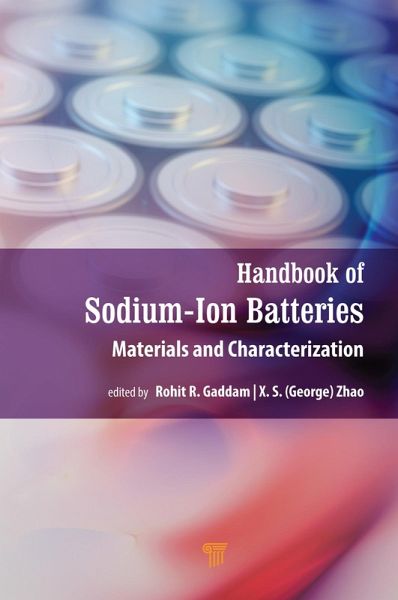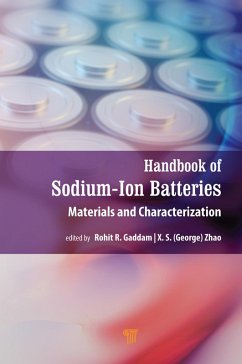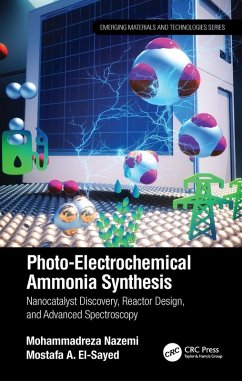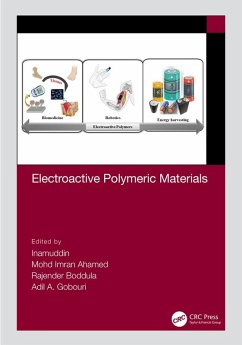
Handbook of Sodium-Ion Batteries (eBook, PDF)
Materials and Characterization
Redaktion: Zhao, George; Gaddam, Rohit R.
Versandkostenfrei!
Sofort per Download lieferbar
136,95 €
inkl. MwSt.
Weitere Ausgaben:

PAYBACK Punkte
68 °P sammeln!
The need for batteries has grown exponentially in response to the increase in global energy demand and to the ambitious goals that governments have set up for sustainable energy development worldwide, especially in developed countries. While lithium-ion batteries currently dominate the energy storage market, the limited and unevenly distributed lithium resources have caused huge concerns over the sustainability of the lithium-ion battery technology. Sodium-ion batteries have significant benefits over lithium-ion batteries, including sodium's abundance in the Earth's crust. These batteries have...
The need for batteries has grown exponentially in response to the increase in global energy demand and to the ambitious goals that governments have set up for sustainable energy development worldwide, especially in developed countries. While lithium-ion batteries currently dominate the energy storage market, the limited and unevenly distributed lithium resources have caused huge concerns over the sustainability of the lithium-ion battery technology. Sodium-ion batteries have significant benefits over lithium-ion batteries, including sodium's abundance in the Earth's crust. These batteries have therefore gained research interest, and efforts are being made to use them in place of lithium-ion batteries.
While the past decade has witnessed significant research advances and breakthroughs in developing the sodium-ion battery technology, there still remain fundamental challenges that must be overcome to push the technology forward. This book comprises 13 chapters that discuss the fundamental challenges, electrode materials, electrolytes, separators, advanced instrumental analysis techniques, and computational methods for sodium-ion batteries from renowned scientists. The book is a unique combination of all aspects associated with sodium-ion batteries and can therefore be used as a handbook.
While the past decade has witnessed significant research advances and breakthroughs in developing the sodium-ion battery technology, there still remain fundamental challenges that must be overcome to push the technology forward. This book comprises 13 chapters that discuss the fundamental challenges, electrode materials, electrolytes, separators, advanced instrumental analysis techniques, and computational methods for sodium-ion batteries from renowned scientists. The book is a unique combination of all aspects associated with sodium-ion batteries and can therefore be used as a handbook.
Dieser Download kann aus rechtlichen Gründen nur mit Rechnungsadresse in A, B, BG, CY, CZ, D, DK, EW, E, FIN, F, GR, HR, H, IRL, I, LT, L, LR, M, NL, PL, P, R, S, SLO, SK ausgeliefert werden.













